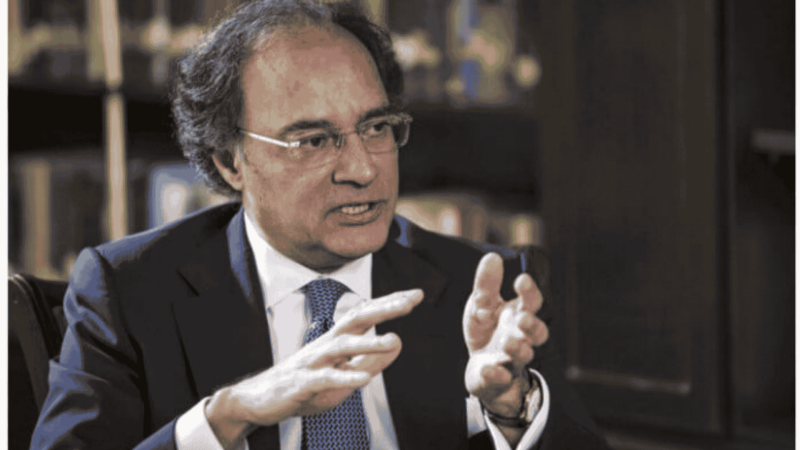Finance Minister Muhammad Aurangzeb announced that the government is moving toward full deregulation of the sugar and wheat sectors to reduce state involvement. He said the decision aims to make these markets more efficient and driven by market forces.
Speaking on Wednesday, Muhammad Aurangzeb stated that a major structural change has already taken place as the tax policy has been separated from the Federal Board of Revenue (FBR) and shifted to the Finance Division. The new tax policy office will now prepare the upcoming budget, ensuring greater transparency, consistency, and efficiency in policymaking.
The finance minister emphasized that Pakistan’s economic focus is shifting toward export-led growth. He said that every sector must play a role in increasing exports, and the government is working closely with industries to achieve this goal. Eight new working groups have been formed to identify and resolve issues faced by industrial and export sectors.
Muhammad Aurangzeb added that tariffs on industrial raw materials and intermediaries will be reduced to help export-oriented businesses remain competitive. He noted that the textile sector continues to be the backbone of Pakistan’s exports, while the IT and pharmaceutical industries are showing promising growth.
Addressing fiscal matters, the minister confirmed that the next National Finance Commission (NFC) meeting will review provincial shares in the federal divisible pool to ensure fair resource distribution.
On the mining front, Muhammad Aurangzeb highlighted that the Reko Diq project is progressing steadily. Operations are expected to begin in 2028, with the first export valued at approximately $2.8 billion.
He reaffirmed that the government’s overall economic strategy is based on deregulation, transparency, and export growth, which will strengthen Pakistan’s financial stability and attract more investment.
In other news read more about: Punjab Govt Faces Pressure as Sugar and Flour Prices Surge







